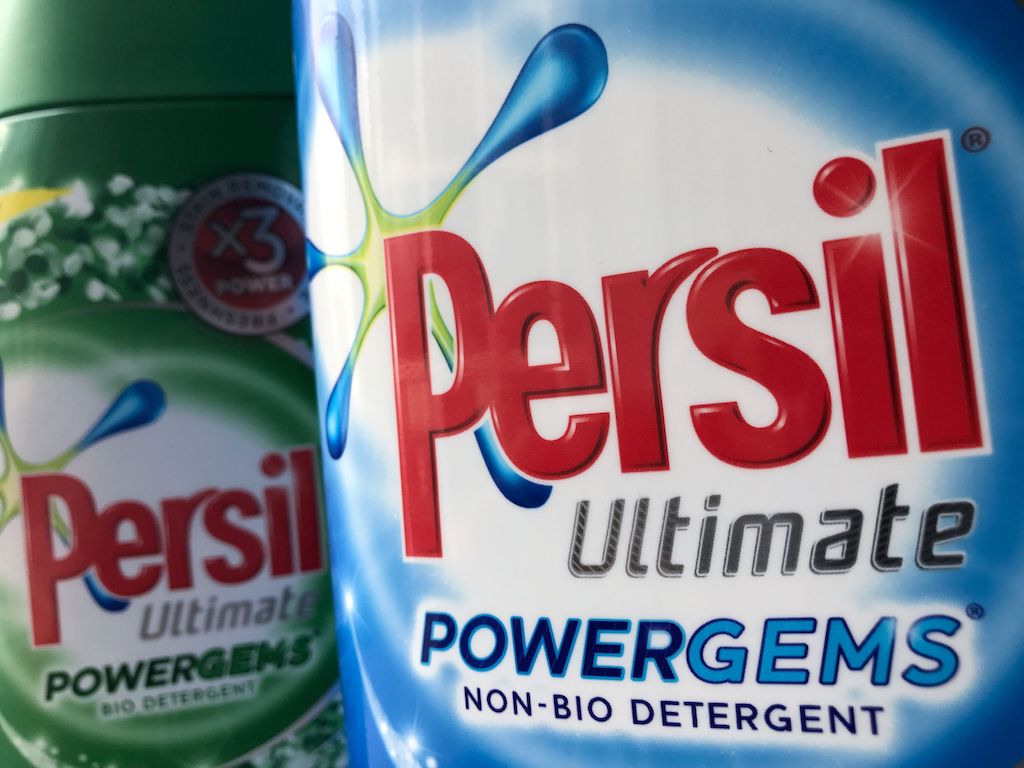3 Mins Read
Anglo-Dutch FMCG giant Unilever has announced that it will swap out the carbon derived from fossil fuels in its cleaning and laundry product formulations with renewable or recycled carbon. As one of the world’s major manufacturers of cleaning and laundry products, the move is likely to drive broader industry-wide change towards sustainability.
Unilever has announced that by 2030, it will source 100% of the carbon derived from fossil fuels in its cleaning and laundry product formulations with renewable or recycled carbon alternatives. Some of the global cleaning and laundry brands under the conglomerate include Persil, also known as Omo, Sunlight, Cif and Domestos.
Currently, most conventional brands of cleaning and laundry detergents contain substances derived from fossil fuel feedstocks, which are a non-renewable source of carbon. Altogether, the fossil fuel-derived chemicals used in Unilever’s cleaning and laundry products contribute the greatest proportion of the products’ carbon footprint. Unilever says it predicts this move alone will reduce the footprint of each product formulation by up to 20%.
As an industry, we must break our dependence on fossil fuels, including as a raw material for our products. We must stop pumping carbon from under the ground when there is ample carbon on and above the ground if we can learn to utilise it at scale.
Peter ter Kulve, Unilever President of Home Care
The company’s initiative is a part of Unilever’s broader “Clean Future” programme designed to transform the products within its home care division, from packaging to manufacturing and product formulation. According to the brand, the programme is intended to push forward a circular economy approach to reduce the company’s overall carbon footprint from its products to net zero by 2039.
“As an industry, we must break our dependence on fossil fuels, including as a raw material for our products. We must stop pumping carbon from under the ground when there is ample carbon on and above the ground if we can learn to utilise it at scale,” said Peter ter Kulve, Unilever’s president of home care.
“We’ve seen unprecedented demand for our cleaning products in recent months and we are incredibly proud to play our part, helping to keep people safe in the fight against Covid-19. But that should not be a reason for complacency,” ter Kulve added.
This isn’t the first time that Unilever has made bold sustainability targets. In November last year, the company announced that it had achieved 100% renewable energy in its own operations, following from its CEO’s promise to divest from non-sustainable companies.
But in recent weeks amid the pandemic, the consumer goods giant has stepped up its climate advocacy, a sign of reckoning that mass consumers are now demanding real corporate action on the world’s most pressing issues. In late May, Unilever was among the 155 companies with a combined worth of over US$2 trillion urging governments to make net-zero emissions the centre of coronavirus recovery plans.
Soon after, the consumer goods behemoth announced its new set of climate goals, which involved investing US$1.1 billion in a new climate fund and pledging to show carbon labels on every single one of its 70,000 products. It has also teamed up with other industry giants including Microsoft and Nike to establish “Transform to Net Zero”, a new initiative aimed at helping other businesses reach net-zero carbon emissions by 2050.
Lead image courtesy of Reuters / Simon Newman / Illustration.




